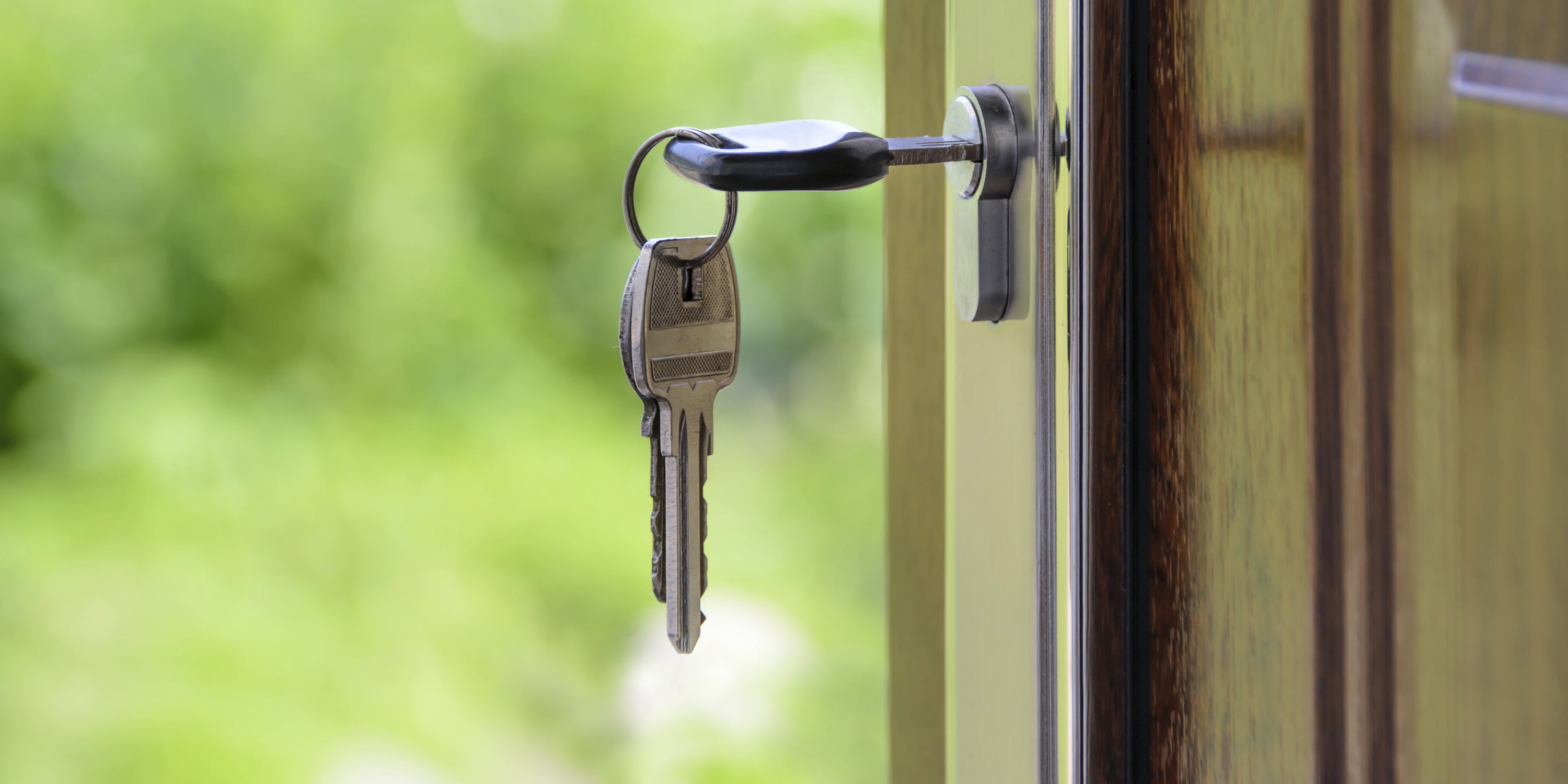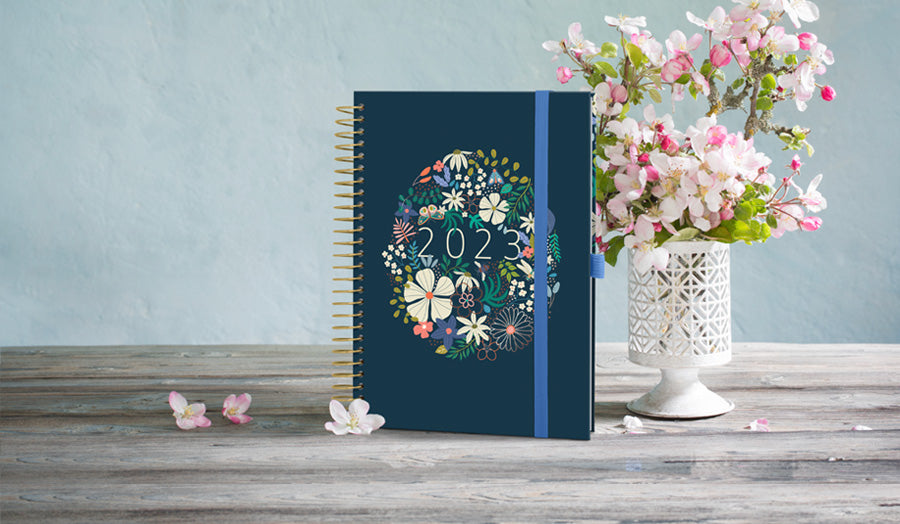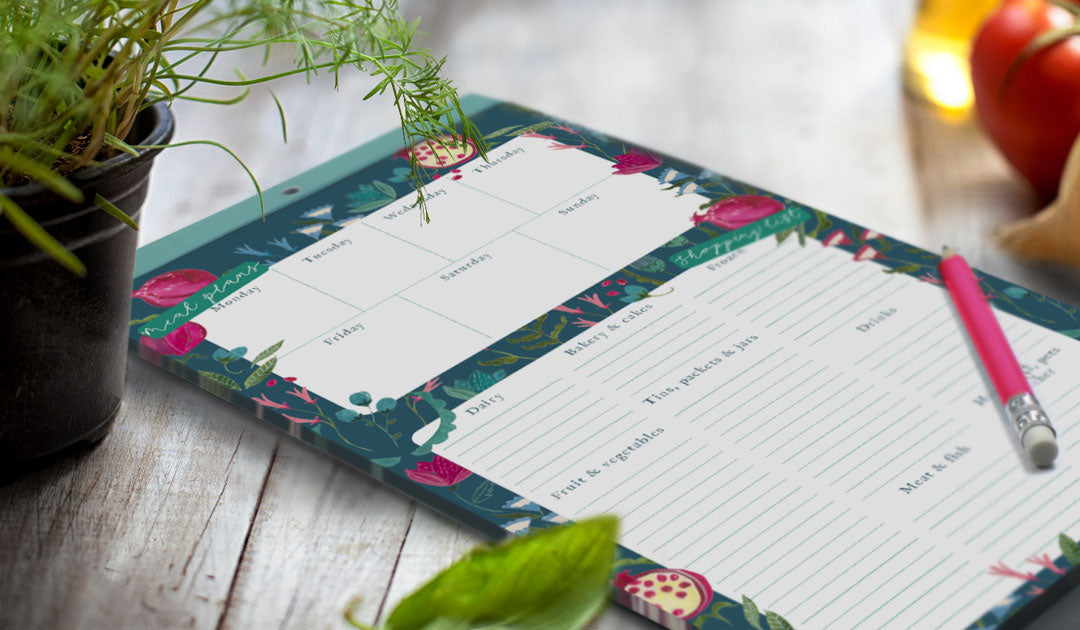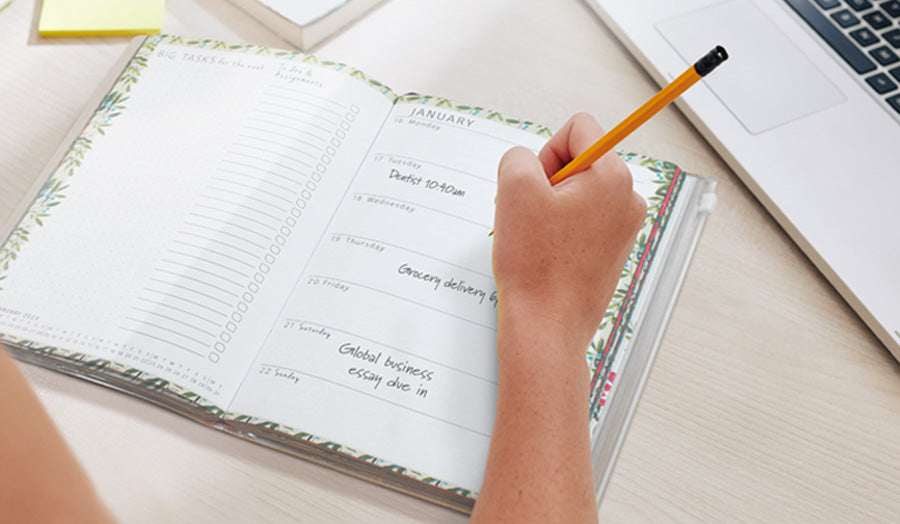
Top tips for buying your first home with @lifestyleofamillennial
Abbie BartlettSaving for your first home can be challenging. Often with rent to pay and only a limited number of hours in the day to work, it can seem like an uphill struggle. Here are some helpful tips from social budgeting guru House and Home Fund on how you can keep pennies in check in order to save for your deposit.
Over the summer I had the privilege of receiving a Life Book from the lovely people at Boxclever Press to use as a diary, a spending tracker and a planner for Christmas and events. For anyone following my saving money page on Instagram, I'm currently on a journey to save a deposit for my first home. Saving such a large sum can seem like a daunting task and not knowing where to begin. As a former shopaholic to now living as 'thrifty and frugal' has been a huge lifestyle change but one I'm enjoying and constantly learning from. To help others like me feeling that now is the time to 'adult' and save money for the future here are the 10 tips I can recommend saving for your first home -
- Create a savings account & emergency fund. Keeping your savings in your current account can be confusing and leaves you less able to track what you've saved. By moving your money into a savings account you are less able to dip into your savings and can collect a small interest depending on the type of account you go for. With regards to an emergency fund, this is separate from your savings. An emergency fund is used for those unexpected expenses such as problems with your car or a bill you weren’t expecting. I recommend having between £500 - £1,000 in your emergency fund as well as a separate account for savings which you do not touch.
- Make cuts to your monthly outgoings. Apart from my rent, I looked at other ways to save money and check I was getting the best deals. Gone are the days I would pay off my phone contract early so I could have the latest phone and pay £60+ a month. I know have a sim only contract at the more affordable price of £15 a month. I also looked at monthly subscriptions such as beauty boxes and asked myself if I really needed the products? Depending on how lucky or good the boxes were I decided this was more of a luxury than a necessity and I made the cut and unsubscribed!
- Stick to a realistic monthly budget. Once you have made cuts to your bills you can next create a budget for what you have left. On payday I transfer a set amount into my savings, pay my rent/bills and budget myself £100 per week. The £100 covers my petrol and entertainment including dinner out/cinema/shopping. Anything left over from my weekly budget goes straight into savings or vice versa if I spent over £100 one week I am stricter the next.
- Stop eating takeaways. Unfortunately for me I am not on any healthy food hype and love nothing more than blowing £50 on a Chinese takeaway and regretting it as soon as I've demolished the lot. However, those weekend treats soon take a hit on your bank balance. Food expenses are my biggest weakness and I recommend reducing gradually if this is something you struggle with too. E.g. instead of once a week try every other week.
- Staying in is the new going out. The nights are few and far between that I spend £10++ on cocktails, £30 on taxi journeys and end the night with cheesy chips. I've since swapped those nights for a night in wearing my cosy pj's, drinking a cup of tea whilst binge watching an addictive series on Netflix. If you are wanting to still keep up a busy social life be more creative when you meet with friends/family by having movie nights/sleepovers or getting a bargain deal to go somewhere through Groupon.
- Limit online shopping and spending. I noticed when tracking my spending pattern in the Boxclever Press Life Book that a lot of my spending was happening when I was having a night in or had no plans and using it as a past time. I've since swapped browsing my favourite sites to reading more or getting my money's worth on Netflix.
- Hunt for bargains. For anyone who thinks its too soon to buy Christmas presents unless its December you are wrong and missing out on bargains! I try to start my shopping by at least August so that my bank balance doesn’t take a massive hit over the festive period. Keep your eyes peeled for bargains such as “Boots Star Buys” (those are often my favourite) and clearance/sale items or signing up to voucher sites.
- Make extra money with side hustles. My favourite side hustle has to be survey sites which often only take 10 minutes out of your day. Other methods of earning extra money are selling on eBay which I have found really therapeutic going through my things and getting rid of any unwanted items and at the same time making money from it. Other side hustles which I haven’t tried are secret shopping, looking after pets or babysitting.
- Batch cooking and preparing lunches. The old me would spend £3+ a day on meal deals which totals to an extortionate £700+ a year. Say goodbye to meal deals and prepare your lunches at home with ingredients such as pasta costing as little as 30p a bag can dramatically reduce the amount you spend in the week leaving more in your weekly budget to spend on luxuries or go straight into savings.
- Track your spending habits. With the Boxclever Press Life Book you can write down all your monthly incomings and outgoings, any events you have planned in the diary section and also writing down where your money goes. I highly recommend tracking your spending in a diary such as this or a budget planner. Once I have completed these sections I find it highly motivating looking at how much I can add to savings and track where my money goes to see if I am spending my money wisely.
I hope these tips help in some way to anyone trying to save for their first home or wanting a change of lifestyle which doesn’t leave them living pay check to pay check. It can be a real struggle to get into the mindset of changing your spending habits but I can promise you its worth it! :)




